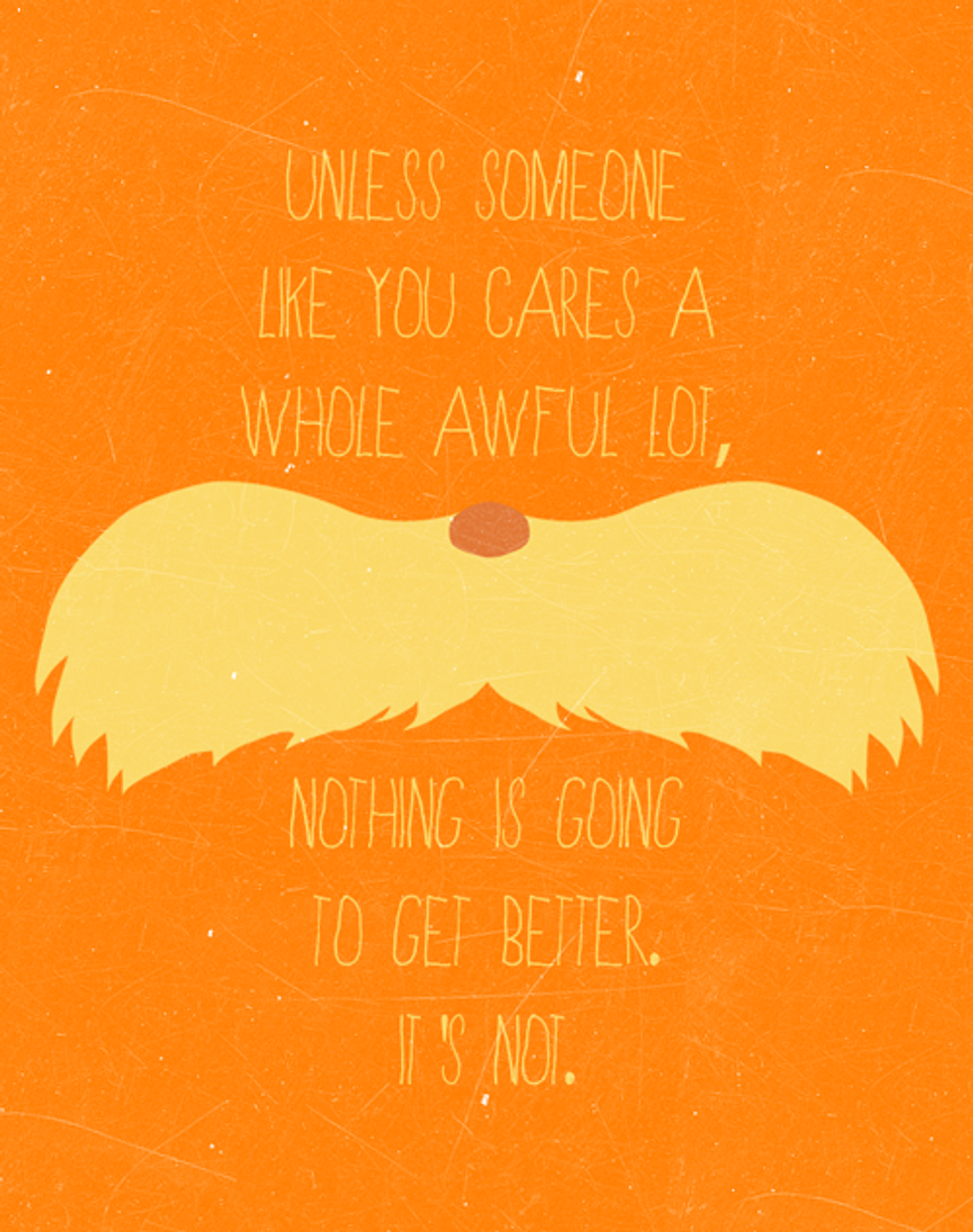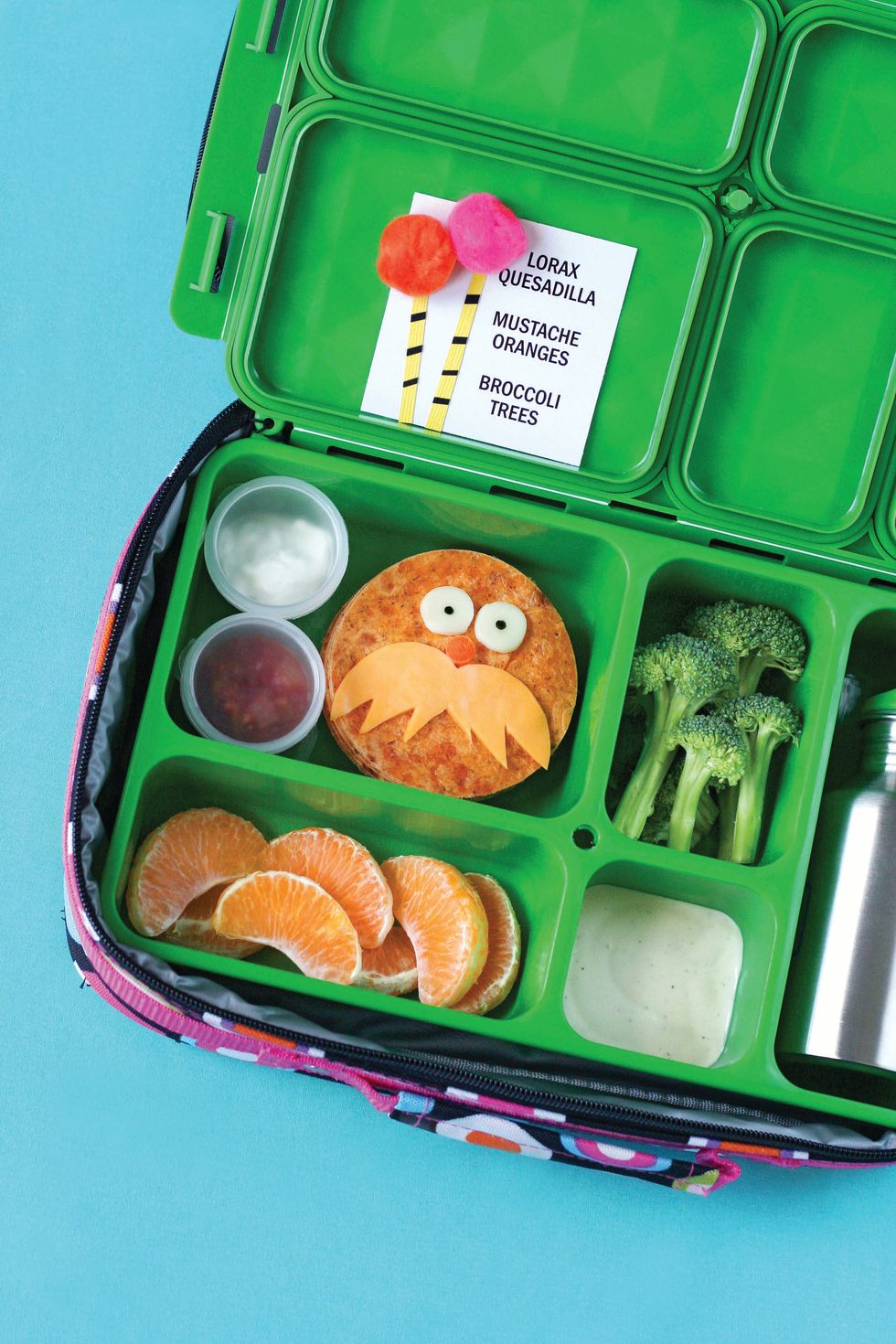A single change of habit can drastically conserve the energy we use so freely every day. As a country, the United States has a comforting amount of resources that we take advantage of. But what right do we have to all these gallons, tons of Earth's precious resources?
Particularly, in the Midwest where water is plentiful, we are less aware of the consequences of running out of water. We have it in plenty, just as we seem to have an unlimited amount of energy to heat our showers, our dinners, our homes. These realities are especially true for students living in campus housing, or those who have never had to pay a water or electricity bill. Unless you are paying the bills yourself, you are very much distant to energy realities.
We are still very much in need of conserving what resources we are given in plenty. The U.S. has 5 percent of the Earth’s population, yet uses 23 percent of the world’s energy (What?). Just because we have access to something doesn’t mean we get all of it.
Below are simple tricks to minimize our the energy and water we use everyday. Changing a few of your habits can drastically change the way you think about our resources. The point isn't that we have access to them, but that we should respect the access we have.
Don’t drink bottled water. It is estimated that three liters of water are used to bottle one liter. Plus, manufacturing and transporting bottles of water takes up valuable fossil fuels, about 1.5 million barrels of oil a year (enough to fuel 100,000 cars for a year). And tap water is much cheaper. Picky about taste? Get a filter.
When washing dishes, full a bucket with soapy water to dunk dishware into. Then, as you rinse, lower the water pressure while rinsing. You're not trying to fill a bathtub. Full-force water is needless. The average American family uses up to 400 gallons of water a day. How many do your housemates use?
Save plastic or glass left-over containers, like jars of jelly and bread leaf sleeves, instead of buying Tupperware and baggies. They are perfectly capable. And filling the refrigerator with reused containers is also a really great way to confuse your housemates.
When you leave the room, turn the lights off. A bit elementary, but turning off the lights for one hour in one classroom saves two pounds of pollutants from going into the atmosphere.
Eat fewer animal products (meat, dairy, eggs). Eating animals further down the food chain is energy inefficient, plus production consumes loads of energy. For example, "The average hamburger takes 630 gallons of water to produce." And this doesn't mean well-watered cattle. Of course, cutting cold-turkey isn’t usually the way to go. But whatever way you decided to eat less animal products your diet will be more energy-efficient.
Wash your clothes in cold water instead of warm water. You won't even tell. And nothing will ever turn pink. Hopefully.
Use a reusable lunchbox and utensils. Lorax-themed lunches are a plus.
Use washcloths and kitchen towels instead of paper towels. Plus, now you'll only have to buy one.
Turn the shower off when you’re sudsing up or shaving.
Turn the faucet off while brushing your teeth.
These last few are a bit obvious, but that's the point. Many of them are just ways to be cheap, and in a lot of ways, that's what being sustainable is about: not wasting valuable resources. None of these steps are life-altering, just little ways to show you still care.























